1989 - 1998 – B. Braun Group of Companies, Malaysia
Group Executive Committee Member
Managing Director Business Unit Hypodermic Needles
Group Finance & Administration Director
The Company
some related pages
When headhunted by Korn/Ferry as Finance & Administration Director I found a B. Braun Malaysia in turmoil; it had grown in 5 years from a one product workshop to a full-fledged manufacturing company with hundreds of products & 2000 staff; a breakneck speed that continued (1998: 6000 FTE). Since we were not only a manufacturing company, but also responsible for the sales subsidiaries throughout Asia (active in 19 countries) the Group Managing Director (GMD) travelled more than 50% of his time. Both these aspects (growth and spread) had had their impact on the internal organisation, a fact well recognised by the GMD, which is why he had engaged a renowned Business Consultancy to chart the actual situation and make suggestions for improvements.
Their main suggestion was to engage a Finance & Administration Director who would be responsible for all Malaysian activities excluding Manufacturing and Marketing & Sales. Both disciplines would continue to report to their respective Director who would, just like me, join the Executive Committee shared by the GMD
The Job (See also Organisation Chart)
Given the state of the company I had to accomplish many very divers things and in the shortest possible time:
- The Human Resources Department was possibly not even worthy of the name personnel department
- There were not just no salary scales, but based on actual individual salaries it could not even be determined which of two positions (executive or managerial) was the senior one
- Dismissals routinely resulted in us being dragged into court, where we usually lost having to pay large compensations
- There was no Skills Development scheme
- There was no system of performance evaluation – I soon discovered our factual head of R&D (!), who was very respected, had no formal position and was paid only slightly better than a top clerk
- The IT Department, even though brand-new, resembled one of more than a decade ago: it was an island by itself with no clear idea what to do: they had purchased an ERP system (BPCS), but only the purchasing module was in use and then only as aggregator: who are our most important suppliers
- The Finance Department consisted of 45 FTE and zero computer terminals or PCs. There was absolutely no cost price calculation, only an aggregate P&L
- The individual Asian Sales Companies had their own (often manual) administrative systems which obviously meant the (monthly) consolidation was a near-herculean task
- Logistics, Warehousing, Safety & Security were all in a similar state
Having just fully automated a 33 year old marketing & sales company, I was stunned that this rather young manufacturing company was still fully manual.
And, just in case I thought I didn’t have enough on my plate, one year after joining we decided on a major reorganisation: instead of one Manufacturing and one Marketing & Sales Department for our very varied products, we decided to split these up. Different product groups (e.g. pharmaceutical, wound closure -sutures-, extracorporeal blood treatment) would become individual companies with their own Manufacturing and Sales & Marketing departments; all my departments remained central and would service the individual companies. In addition I was personally made Managing Director of the Hypodermic Needle company, the only part of our business that was doing poorly. When saying poorly, I don’t just mean financially, also the actual manufacturing was in dire straits: just before my appointment an international recall of all of our needles had been announced. As a result even our own people, be they sales or manufacturing, had little faith in our product.
My Successes
For a short synopsis
Given the scope of the job (see Organisational Chart), being successful implies a vast array of successes and they were there, actually a number of pages on this site reflect some of them (see below).
But in line with the list above, I list a number of my successes here:
- The Human Resource Department became a very professional outfit
- Half-yearly evaluations
- We were held up by the Labour Ministry as a Model Employer: relations with our staff were generally very good and if we had to let someone go, we had followed all procedures and given every opportunity to train / improve
- We became a founding member of the Penang Skills Development Centre
- I personally became a frequent keynote speaker at conferences organised by the Employers Federations of Malaysia & Singapore and/or the Malaysian Labour Ministry
- BPCS (and later SAP/R3) was fully implemented with PCs/terminals dotted all over the workplace for immediate (barcoded) data entry
- All Asian Subsidiaries had an automated and fully linked administration system
- Cost price calculations were an automatic aspect of the system and very detailed financial analyses became an everyday task
- One of Malaysia’s very first very-narrow-aisle warehouse was set up
- Towards the end of the century, the Hypodermic Needle Business Unit was the Group’s most profitable
- With identical depreciation I had raised output by 50% - to 120 million needles a month - with 30% less staff
- Yield improved by 33%, i.e. less raw material input for the same output
- Independent research proved our hypodermic needle to be First Class
A surprising part of my time at B. Braun was that by the middle of the nineties, I had little left to do myself, even though I was responsible for 6 departments with a total of nearly 1,000 FTE. I had installed first-class local managers – often by promoting from (very) low levels – and they were running the day-to-day business, my job slowly limited itself to weekly meetings discussing progress and – where they existed – pitfalls.
So Why Leave
As expatriate my job was to make myself obsolete: in all my departments (6, with a total of nearly 1000 staff) I discovered the right potential, creating capable, autonomous managers. Towards the end of the nineties I had clearly succeeded in my goal and was now broadly bored with my function, I had to find a new exiting challenge and decided to strike out on my own and start my own import and export business (or more precisely started it together with my brother).
Some Related Pages
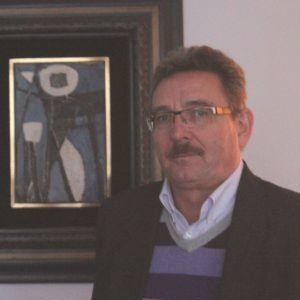
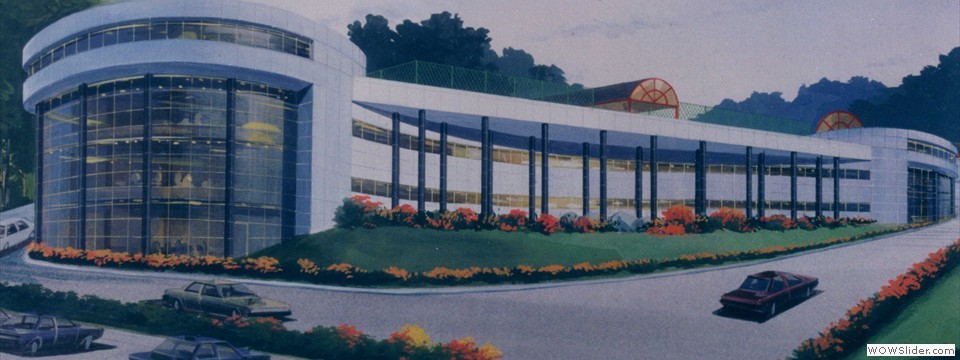
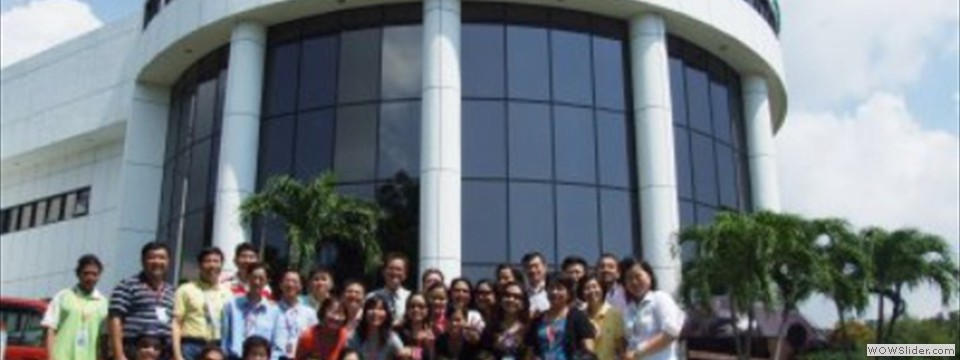

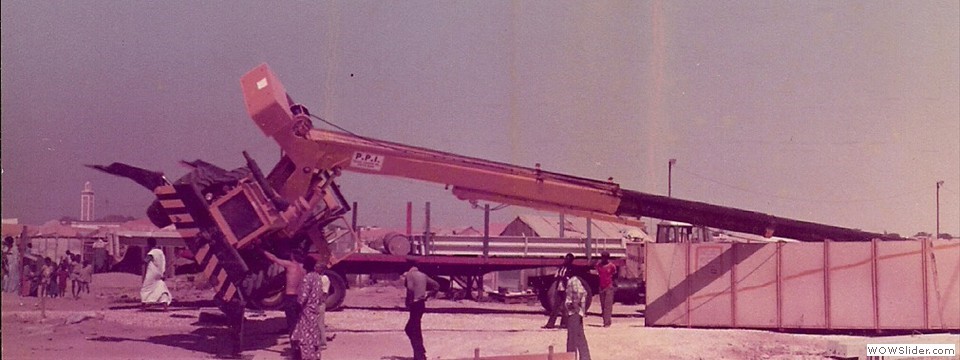
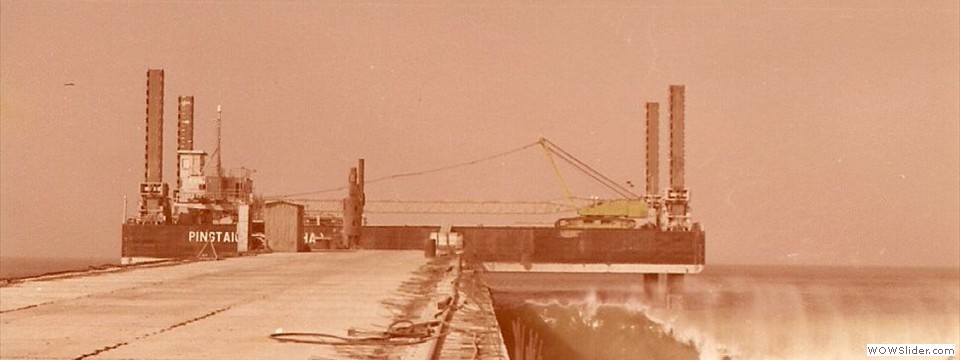


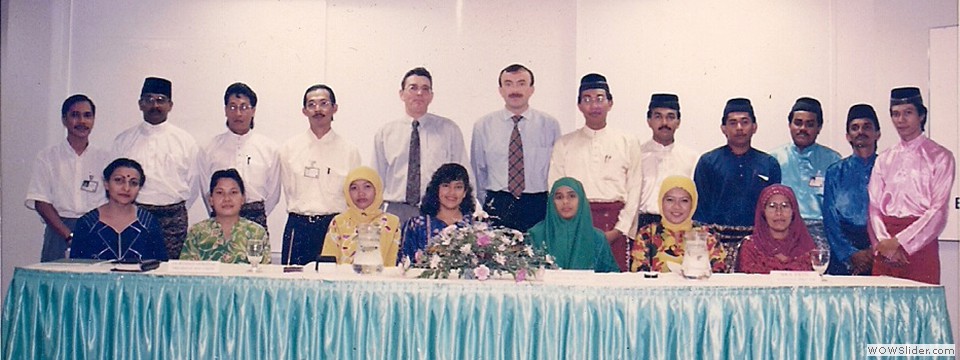

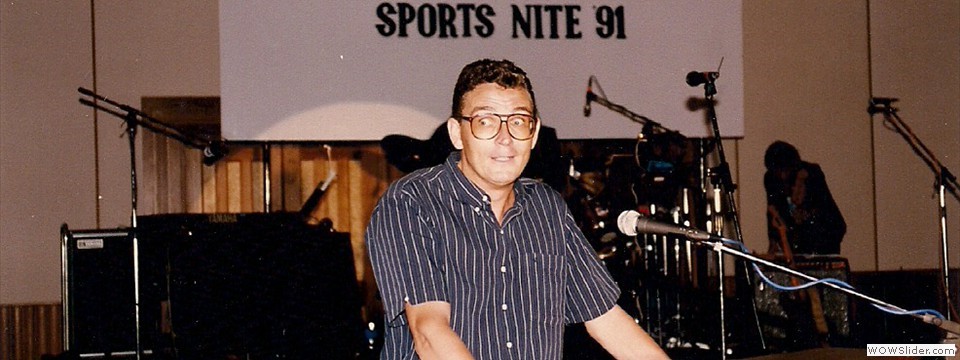
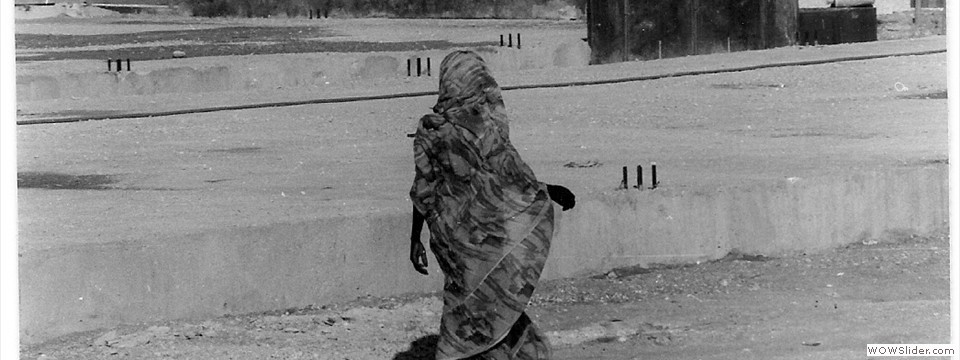
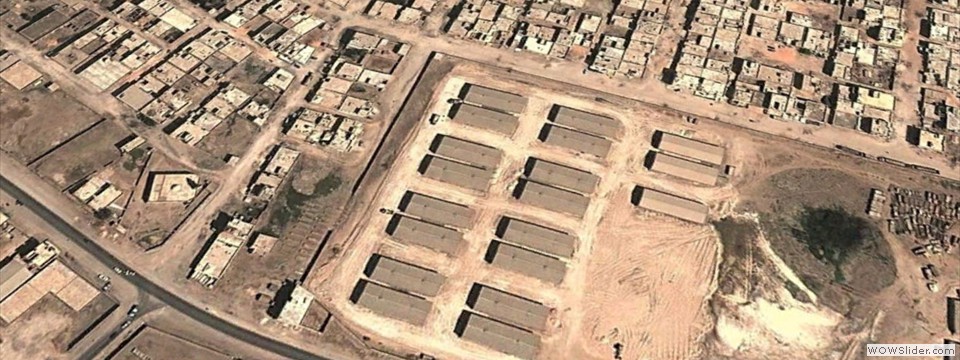
See also: